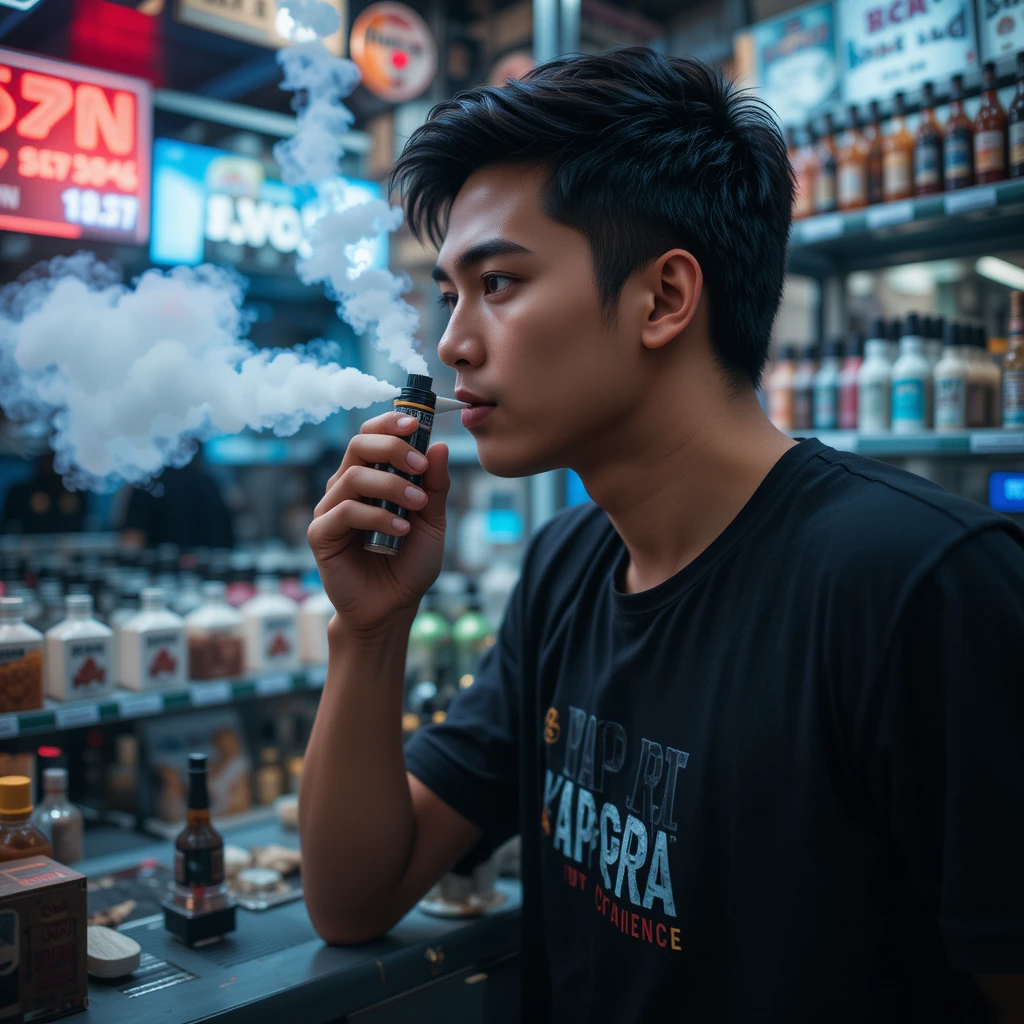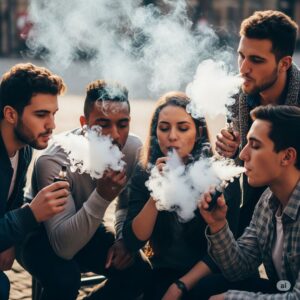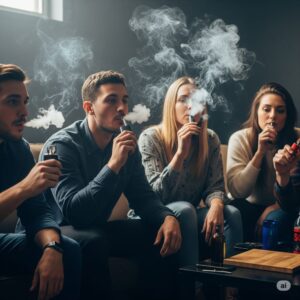Indonesia Records Billions in Annual Vape Sales
Vape sales in Indonesia have reached billions of dollars annually, signaling a booming market that continues to expand rapidly. This surge results from increasing consumer demand, especially among young adults who view vaping as a modern alternative to traditional smoking. Moreover, the wide variety of flavored products and easy availability contribute to the market’s growth. Retailers and manufacturers benefit from this trend as new outlets and brands appear frequently across urban centers. Despite regulatory challenges, the industry shows resilience and adapts quickly to changing policies. Consequently, this sector plays a significant role in Indonesia’s economy and consumer landscape, attracting attention from investors and policymakers alike.
Growth Trends in Vape Sales Across Indonesia
Recent data highlights how sales have surged in various regions, especially in major cities such as Jakarta, Surabaya, and Bandung. The factors driving this expansion include:
Increasing acceptance of vaping among younger populations.
The variety of flavors and devices catering to diverse preferences.
Aggressive marketing campaigns targeting new customers.
Expansion of vape shops and online marketplaces.
Competitive pricing strategies attracting budget-conscious consumers.
Furthermore, manufacturers continue to innovate by introducing new product lines and improving technology. As a result, the market diversifies and strengthens, creating more business opportunities. However, this rapid growth also raises concerns over public health impacts and regulatory oversight. Lawmakers and health experts call for balanced policies that protect consumers while supporting industry development.
Regulatory Impact on Vape Sales Growth
Regulations significantly influence how the market evolves. Although the government has implemented measures to control sales, including age restrictions and product standards, enforcement varies across regions. Additionally, the industry often adjusts quickly to new rules by modifying product formulations or marketing methods. The challenges include:
Ensuring compliance without stifling innovation.
Monitoring online sales and preventing underage access.
Establishing clear guidelines for product safety and labeling.
Balancing economic benefits with public health priorities.
Stakeholders emphasize the need for cooperation between government agencies, industry players, and consumer groups to develop effective frameworks. Through collaboration, Indonesia can maintain a sustainable vape market that minimizes risks and maximizes benefits.
Economic and Social Implications of Growing Vape Sales
The expanding market affects more than just sales figures; it influences social and economic dynamics as well. On one hand, the sector generates employment, business revenue, and tax income. On the other hand, increased consumption raises questions about potential health consequences and social acceptance. Key points include:
Job creation in retail, manufacturing, and distribution.
Opportunities for small and medium enterprises (SMEs) to enter the market.
Contributions to local and national tax revenues.
Growing public debates over health and youth protection.
The role of education in promoting informed consumer choices.
Overall, the rapid growth of this market presents both opportunities and challenges. Therefore, ongoing monitoring and adaptive policies remain essential to ensure balanced development that benefits the economy and society alike.














